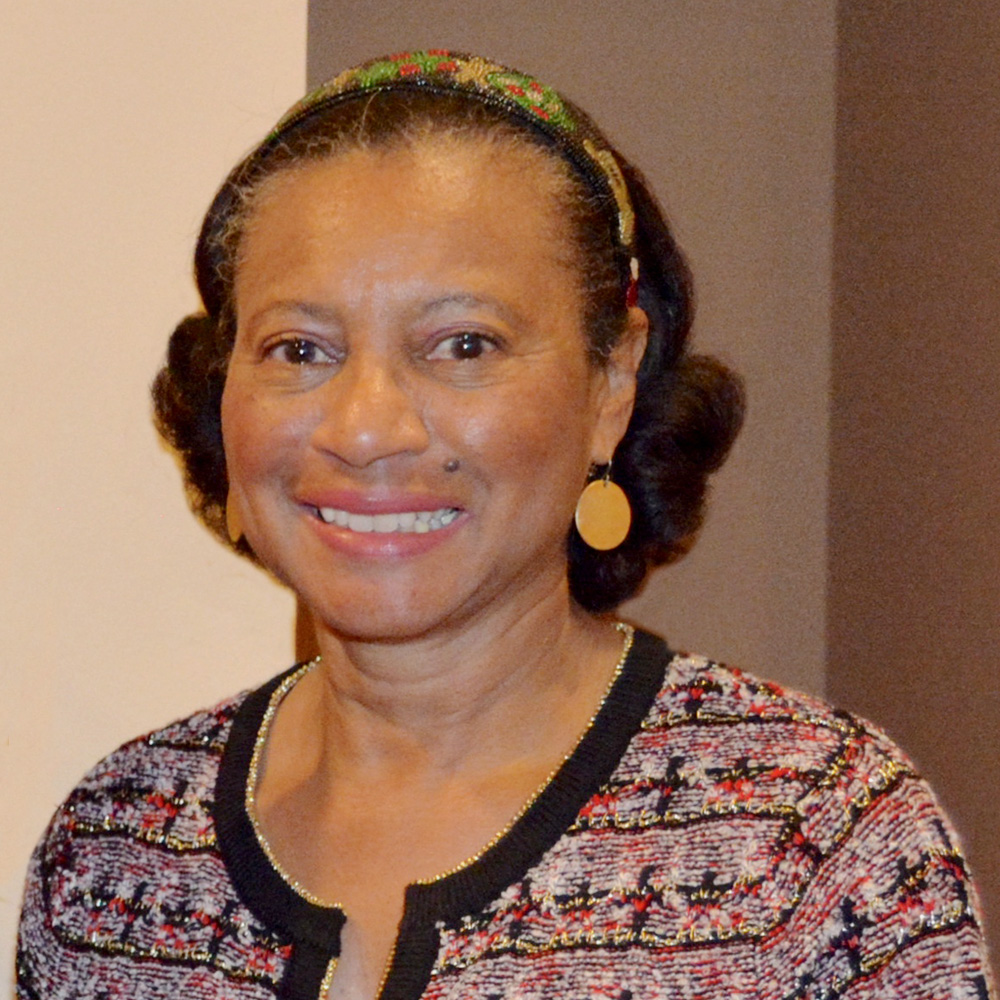AARP Hearing Center
Elder abuse, like

many other forms of domestic abuse, is an often hidden phenomenon that affects many older Texans. Financial exploitation is the most prevalent form of elder abuse. Every year, abuse and exploitation rob older Americans of $3 billion—and this is only the amount reported. When criminals take advantage of older people by forging a signature or coercing them to sign a will, the impact goes far beyond the pocketbook and affects the physical and emotional health of the victim. Those who perpetrate these crimes can be a stranger, such as an aide who comes into the home to assist with daily activities, or they can be someone in a position of trust, such as a family member.
For the 42 million family caregivers who provide a great labor of love by helping their parents and spouses live independently at home, the threat of elder abuse is daunting. While some family caregivers provide 24/7 care—assisting with finances, transportation, medication management and more—others may count on the support of paid aides to help. Entrusting the care of a loved one to a stranger can be hard enough; imagine the nightmare if that person is a criminal.
Abuse of older Texans, whether it be physical or financial, is unconscionable. That’s why we are here today to do what we can to support efforts to crack down on abuse and financial exploitation and strengthen protections for victims so all Texans can live with dignity and independence as they age.
Addressing elder financial abuse is difficult but critical. AARP views this as a community problem that requires a holistic, community solution. We must all come together to weave a new safety net for older Texans, breaking down barriers and walls that have kept us seeking single solutions from narrow perspectives. We must identify those who are best positioned to identify red flags early on and encourage reporting and referrals to appropriate local, county and state agencies, including law enforcement.
Where do we start? We look to promising collaborative initiatives at the local level, like the Elder Financial Safety Center in Dallas. By bringing together key players including the probate courts, the district attorney’s office and the Senior Source they are weaving the safety net locally for Dallas. We also look to promising initiatives at the state level like the Elder Abuse Task Force recently created by the South Dakota legislature. The Task Force brought together House and Senate members with those with significant experience with elder abuse to recommend changes to state law to better protect older residents. The Task Force released its report last month and its recommendations are now being considered by the South Dakota legislature (report recommendations are included as an addendum to testimony). We support Texas creating its own Task Force to forge a Texas solution.
Finally, there is the issue of outreach and education. AARP is very active in this area. Since 2013, AARP has mounted a national campaign to fight ID theft and fraud to give older people access to information to protect themselves and their families. Through the Fraud Watch Network, anyone, of any age, can get watchdog alerts, information about how con artists target their victims and attend local information sessions free of charge. AARP volunteers are leading the way on this. Across Texas and the whole country, trained volunteers are coaching their peers on how to avoid fraud.
We know there is good work to be done here. Whether it be supporting legislative efforts to strengthen protections against elder financial abuse or helping to spread the word and connect people in need to resources available, AARP stands ready to work with you and your staff to effectively combat elder financial abuse Texas.































































